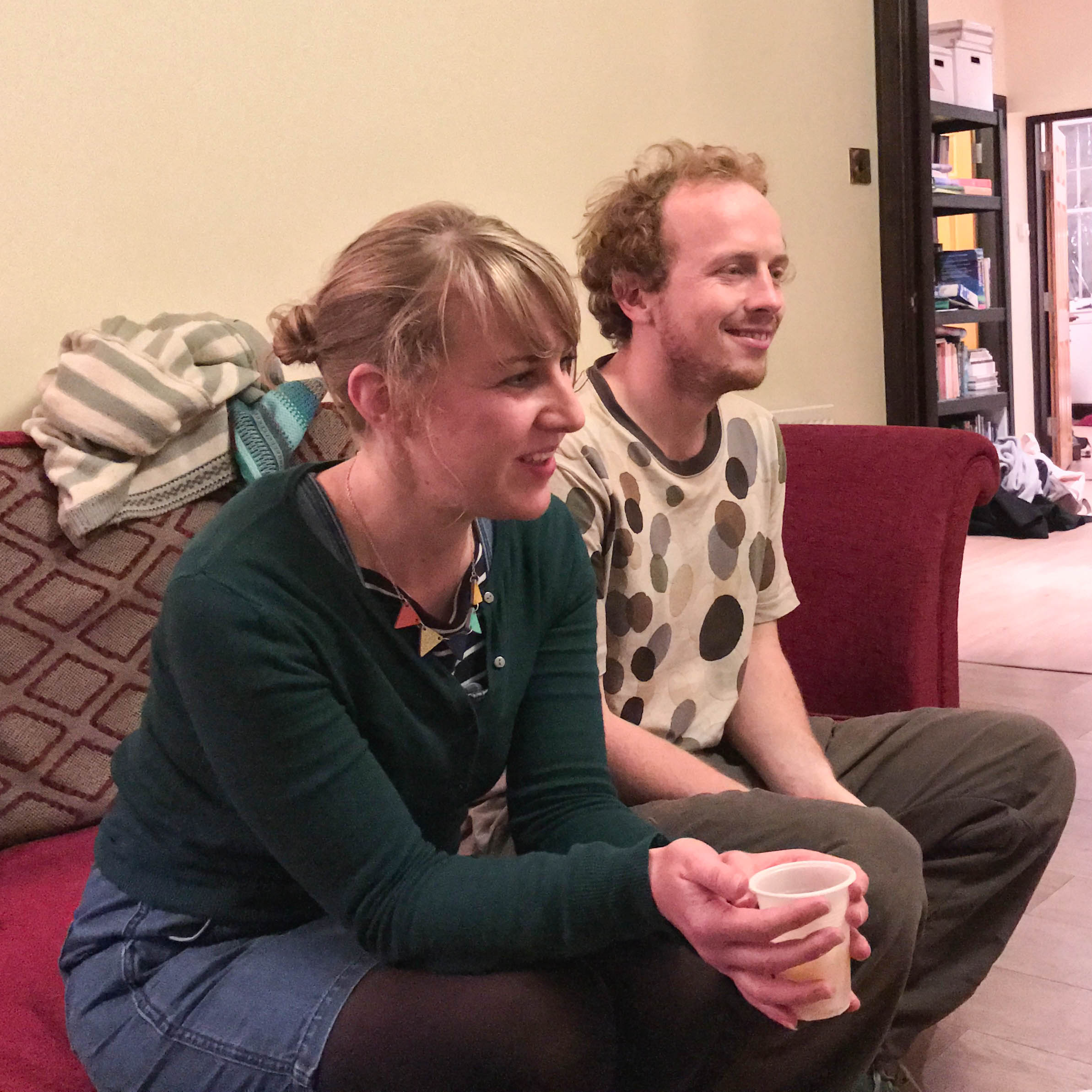It has been many moons since I have last updated this journal. I would like to blame lockdown but in truth it has been more from a lackluster appetite to write my thoughts down somewhere.
So why now?
It bothers me that I would just simply give up on journaling here, as I don’t write much anywhere else now, although I have amassed a lot of tweets that I send and then delete as they are often directed at people who don’t really deserve the negative remark that I make.
It appears that any time that I used to spend writing here is now directed into learning Dutch. I am not sure that there is any other activity that I have done everyday for this amount of time, at current time of writing it is now 557 days. Duolingo like to encourage you with images such as:
I am thinking that I will try and update this a little more often, really with a view of taking photographs again as that is an activity that I have missed a lot in the past many moons.















